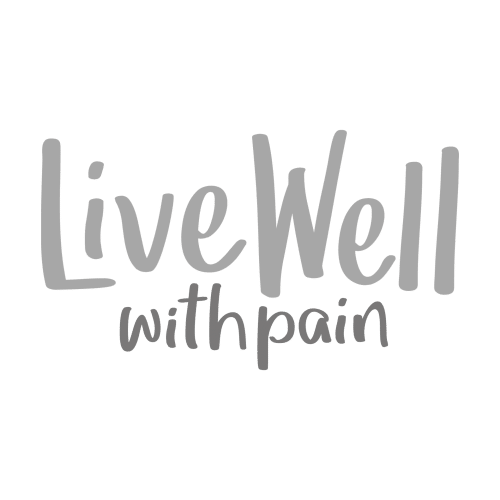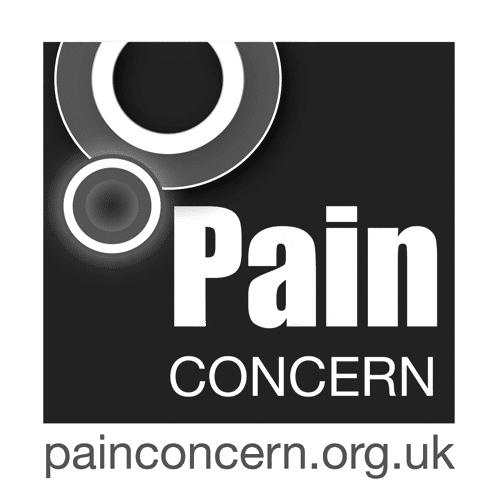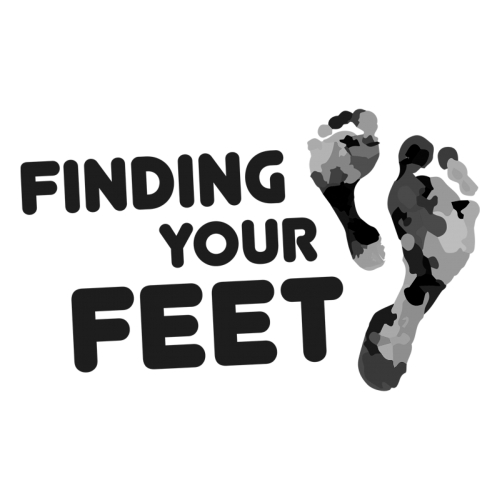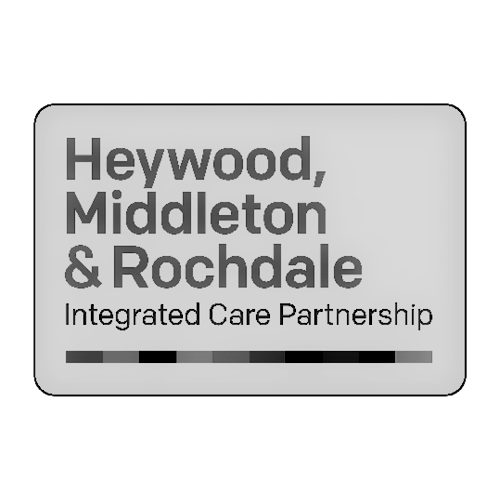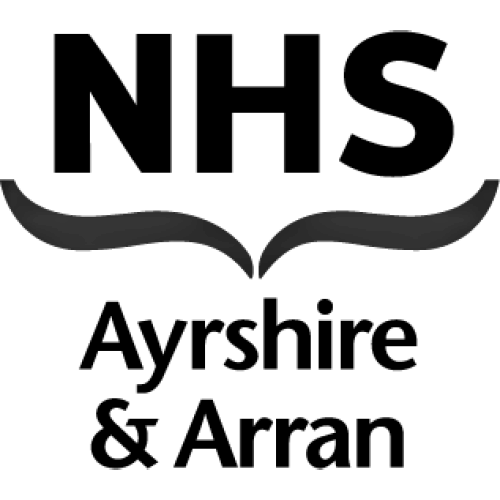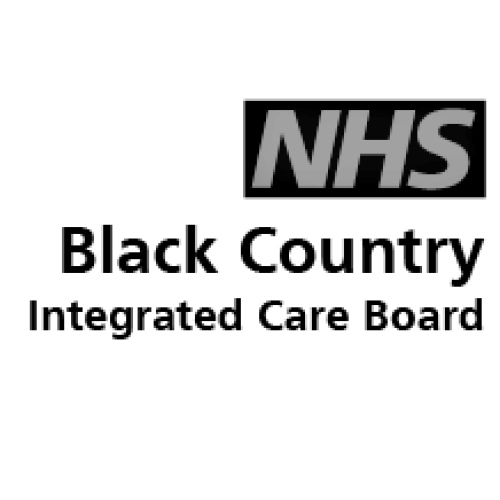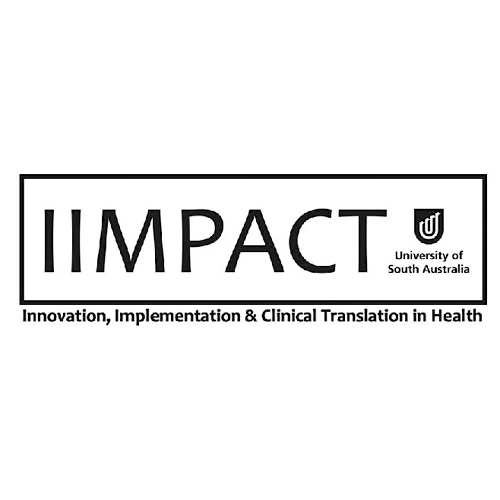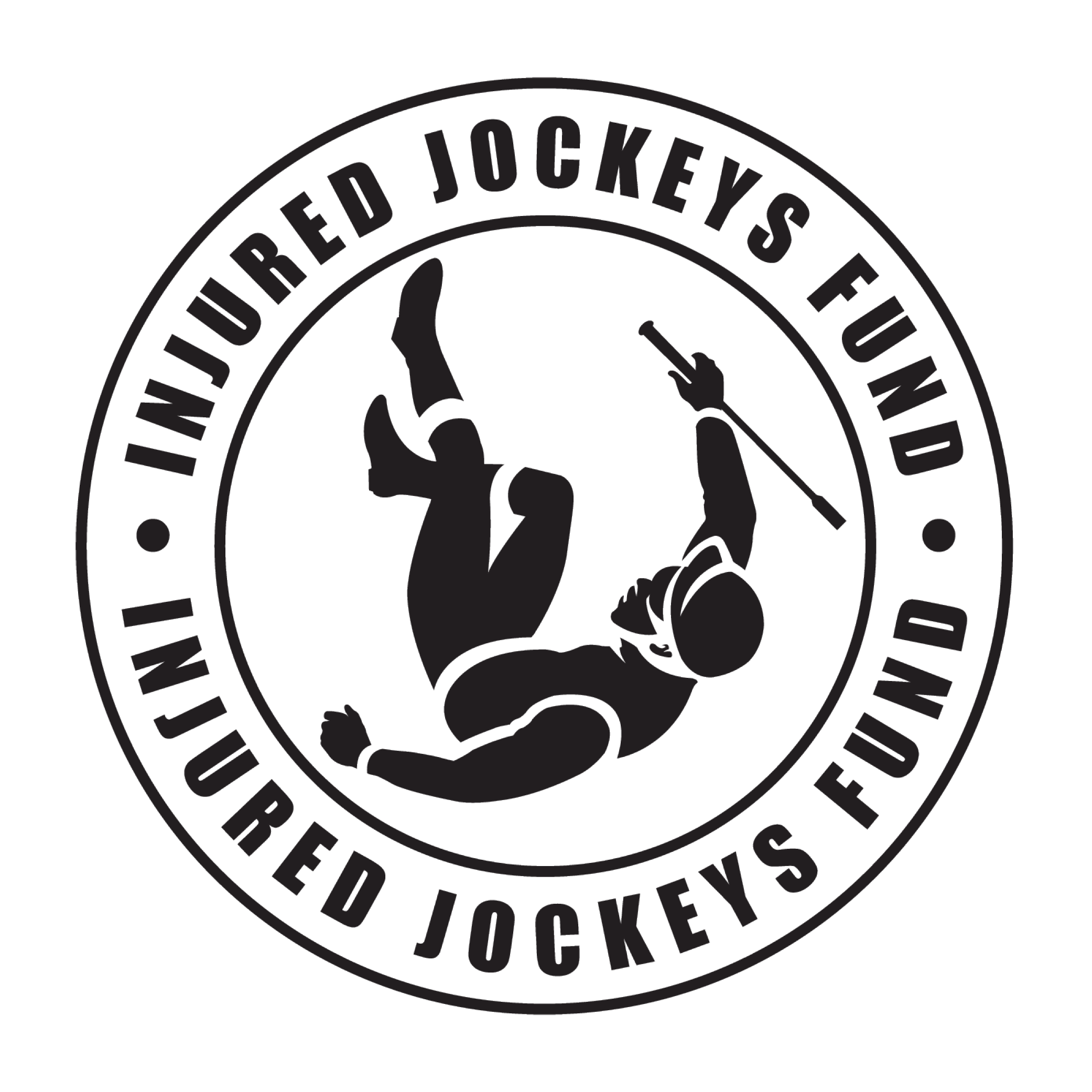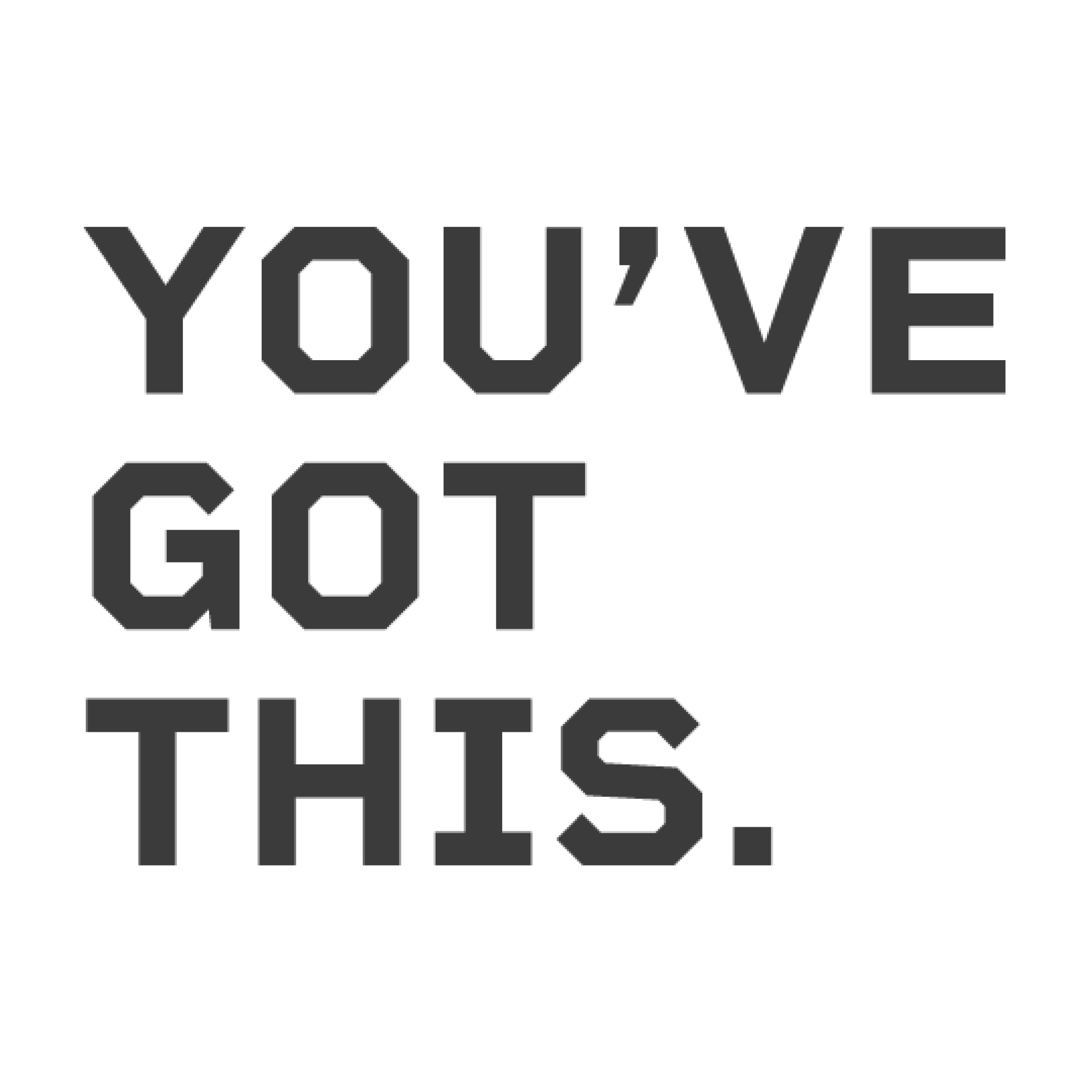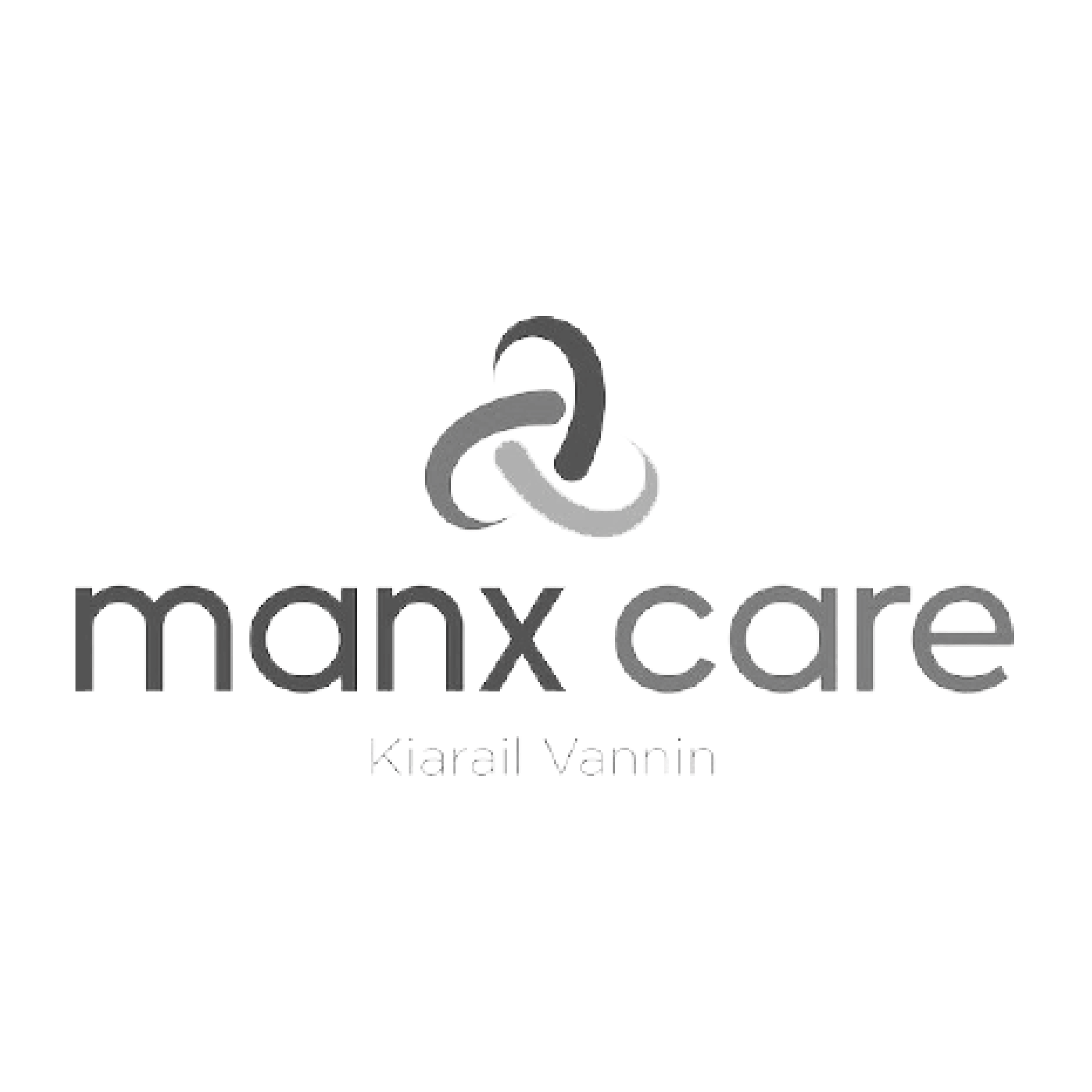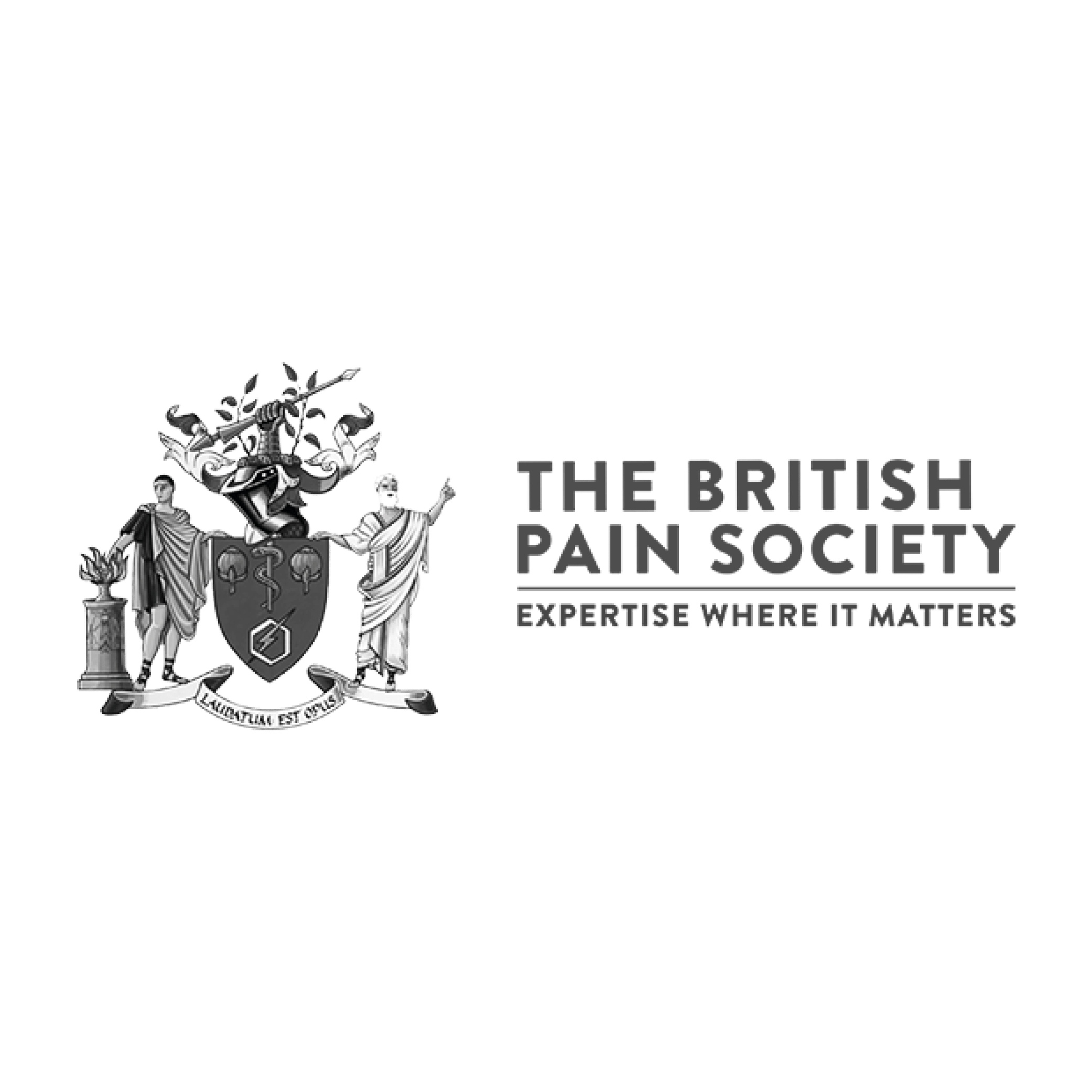Rowan is 24 and lives in Teesside. She shares the story of her pain that started in childhood and the challenges she has overcome to get to where she is now.
When I was about eight years old I started to get a lot of shooting pains whenever I sat down.
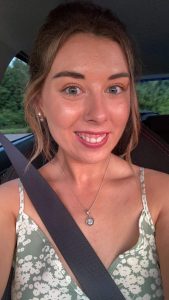
My family noticed that I’d become really uncomfortable when sitting and quite withdrawn too, so we saw my GP. It was a family GP who knew me well and she understood that this was really bothering me. During the physical assessment she noticed that my coccyx was protruding and referred me to the hospital for more investigations into ‘coccydynia’ (coccyx pain). At the hospital they were keen to put my pain down to my body growing or me being dramatic despite my parents and GP being persistent. The hospital decided it was something I’d grow out of but I didn’t. A lot of the time I felt like I was having to fight on my own behalf for someone to care. I felt like I had to convince them that I had a problem.
It took a while to get a scan.
I was 15 by that stage, but the scan showed that my sacrum had curved outwards instead of inwards and was very swollen. I’ve got Hypermobility so all my joints are flexible and this irritates my coccyx even more. I also have an additional element to my pain experience that I don’t have a diagnosis for yet and I don’t know if I will. At this point, in my mid-teens I was really overweight as I’d stopped exercising because the shooting pain was unbearable and I’d been advised to stop all exercise. The pain would make me black out, I was in pain every day but a lot of the time I was having to convince people around me that I wasn’t making it up.
My GP was so helpful in just validating my experience and making me feel less alone, even though she didn’t fully know what was going on.
At one hospital appointment, they told me and my parents that I was making my pain up and that I was wasting this appointment that could have gone to somebody else. They were so dismissive and wouldn’t even look at my back, where they would have seen the issue. I’m really pleased my parents were so supportive and believed what I was going through. It’s difficult for people to understand when they don’t live with persistent pain themselves, even I have never met someone who has the same diagnosis as me. It’s hard when my family or friends have booked me in to do something they thought would be a nice activity but actually it’s going to be so painful that I don’t want to do it. I wanted to be cool and go out and socialise but pain made me feel really isolated. I tried to disguise my pain but I felt like I was withdrawing from activities or having to suggest other ones.
I was getting more and more comments at school, I just wanted to go home and cry.
That’s when I worked on making changes; I figured out what was aggravating my pain, like sitting for long periods at school and the cinema and I massively changed my routine. I started to understand more about swelling and pain and how to reduce the symptoms I was experiencing so that I was able to concentrate more and my grades improved.
I really enjoy canoeing so my dad got me a custom seat for the canoe. I tested things out and figured out what was ok and what wasn’t. I got a steroid injection which helped with some of my pain and I lost weight too. I use my cushion which definitely helps. Now I’m a little older, I feel like I’m a lot more accepting of saying ‘these are my boundaries and I can’t cross them.’ When I go to a baby shower or the cinema now, I have to bring my cushion with me and my medication for if I need it. Instead of going cycling, I swim or meet people for a walk. My advice to others with pain would be to have an empathetic support network around you including friends and family. Take steps to learn about your pain and take advantage of the resources that are out there. The solution is often a blend of different things. Be curious, ask questions, know your options, and widen the number of people you seek advice from and become your own expert.
I have really supportive friends and an understanding husband.
I feel like the longer people see you with pain, the more understanding of your limitations they become. My friends expect me to arrive with my cushion and I don’t feel embarrassed about it. I struggle to do daily things like cleaning the bathroom or loading the dishwasher; things that involve bending down. Sleep is a nightmare, especially if I’ve had a bad day.
The Pain Clinic that I’m under at the minute is really good and they’ve been making me aware of what support is available.
Now in my role as a trainee mental health and wellbeing practitioner, I’ve had access to Occupational Health, equipment assessments and disability leave entitlements. When you have a diagnosis, you can do your research and learn more about your condition but there’s part of my pain that’s not diagnosed and the unknown has been hard to deal with.
I’m really thankful for one of my doctors who was really honest with me and said ‘I don’t know what this is. I can’t diagnose it but we won’t discharge you, we’ll keep seeing you and refer you to the Pain Clinic in the meantime so you can get some help managing it.’ That was one of the best appointments I’ve had even though I didn’t get answers to my questions because even if my pain isn’t diagnosable, I’m still living with it and would like help! I understand it’s a rare condition but what has left me in tears in the hospital car park too many times is when people say that what I’m going through isn’t real or that it’s all in my head. I’d walk away feeling gutted and losing hope and hope is the one thing that you need to manage any long term condition.
Before my current job, I worked with adults with learning disabilities and it was a refreshing environment to be in.
A lot of them had equipment and special adjustments they needed, instead of making me feel embarrassed about my cushion, I’d hear people admiring it! It was so nice to work somewhere where no one batted an eyelid about other people’s differences. I might not have all the answers someone is looking for but I hope I can be there for somebody going through challenges. Over time I have realised that a diagnosis isn’t always the answer. I was focussed so much on getting one in the early stages but I still don’t fully know what’s causing my pain and despite that I’ve managed to lose six stone, reduce my medication and get a First Class degree at uni. I’d always recommend getting some good support in place, whether that’s a Pain Management team or friends and family who give you space to work out your frustrations and be with you on the days where you’re left thinking ‘I want one day free of pain’. Have the determination to understand yourself and put your energy into figuring out how you manage things and where your boundaries are. Above all, hold onto hope.



